Introduction
Let’s discuss a topic of utmost importance radiation safety in laboratory settings where radioactive materials are utilized. Establishing a secure working environment and minimizing potential risks are crucial aspects that rely on adherence to key principles and guidelines. This post provides an overview of essential practices and emphasizes their significance in promoting radiation safety within laboratory settings.
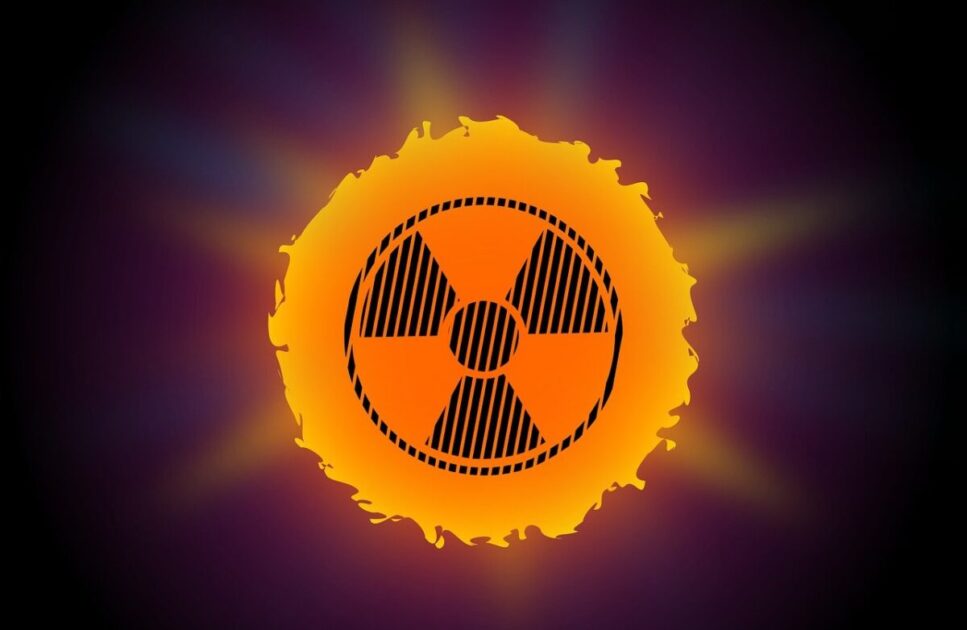
Maintaining High Standards of Cleanliness and Housekeeping
Maintaining stringent standards of cleanliness and good housekeeping is essential in laboratories where radioactive materials are present. Areas, where radioactive materials are used or stored, should be free from food, beverages, smoking, and cosmetic applications. By implementing these practices, potential contamination can be prevented, ensuring a safe working environment.

Training and Compliance for Radiation Safety
Comprehensive training in radiation safety procedures is imperative for personnel engaged in working with radioactive materials. It is essential for all individuals to diligently follow these procedures at all times, thereby ensuring radiation safety in laboratory settings. By adhering to proper safety protocols, the risk of accidents or mishandling can be significantly reduced.
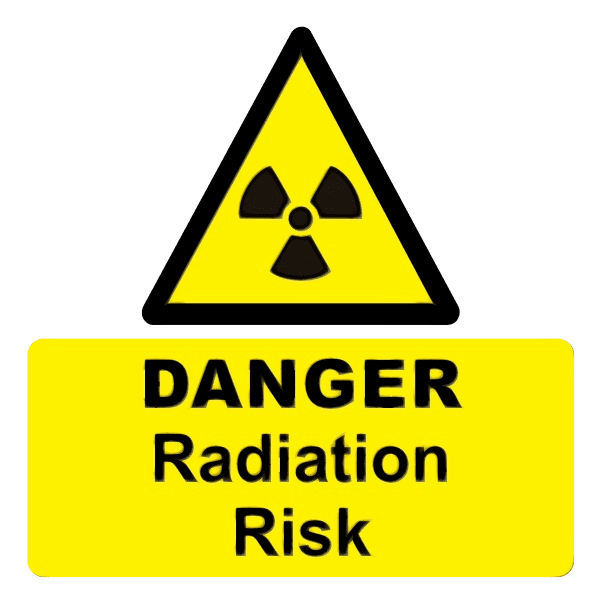
Minimizing Radiation Exposure in Laboratories
The principle of keeping radiation exposure levels as low as reasonably achievable (ALARA) holds paramount importance for radiation safety in laboratory settings. This involves utilizing appropriate shielding and protective equipment to minimize the potential health hazards associated with radiation. Effective measures such as using shielding materials like lead or concrete can significantly reduce radiation exposure, thus ensuring the safety of laboratory personnel.
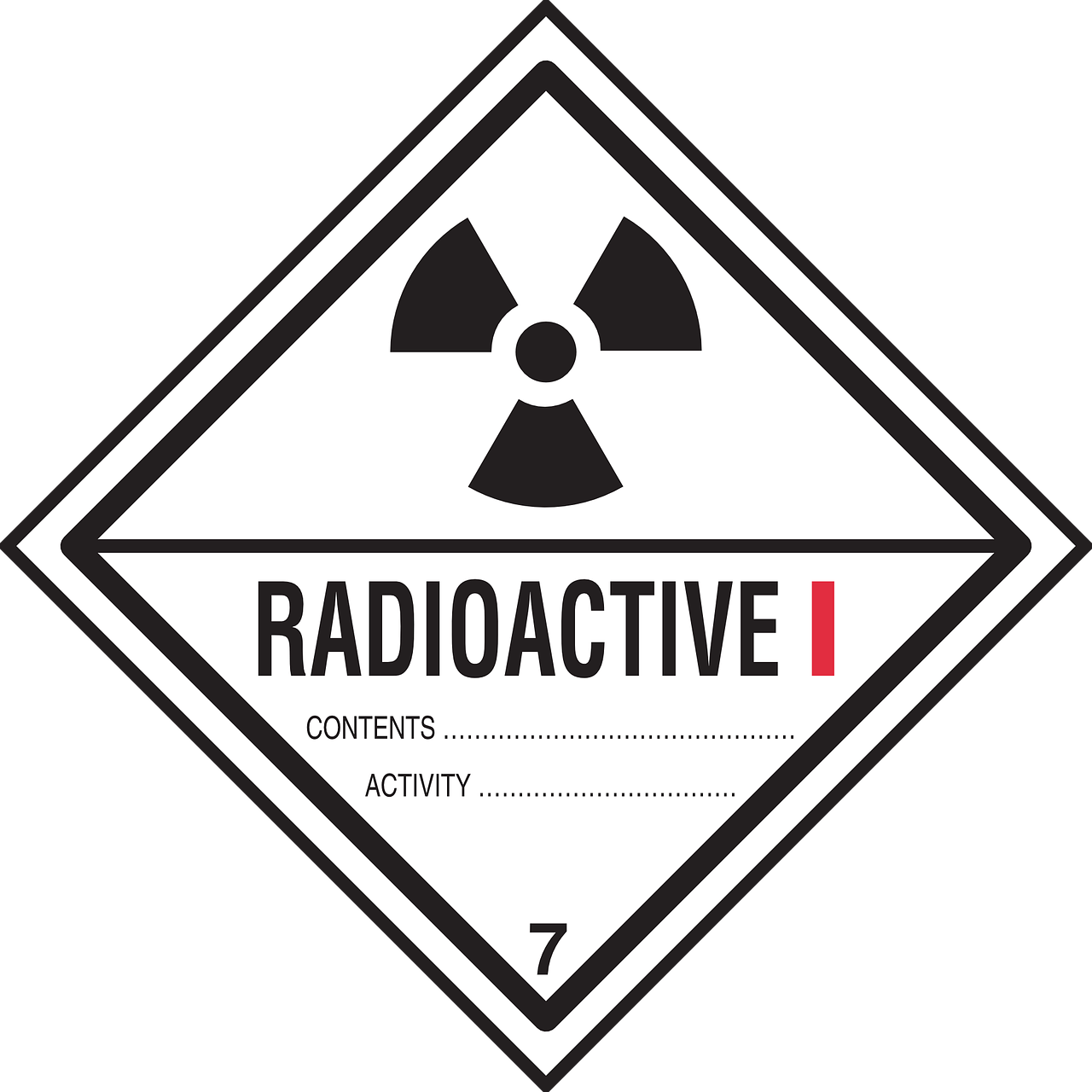
Secure Storage and Labeling of Radioactive Materials
To guarantee radiation safety in laboratory settings, it is crucial to store radioactive materials in secure areas that are clearly labelled with warning signs. This strict measure ensures that only authorized personnel have access, preventing unauthorized handling or accidental exposure to radioactive materials.

Radiation Monitoring for Safety Assurance
The use of radiation monitoring equipment is essential to uphold radiation safety in laboratory settings. Regular monitoring enables the prompt detection of any leaks or spills of radioactive materials. This proactive approach allows for early intervention and swift response to mitigate potential risks, thereby ensuring a safe laboratory environment. Regularly calibrating monitoring equipment at appropriate intervals guarantees accurate and reliable readings for radiation safety assessment.
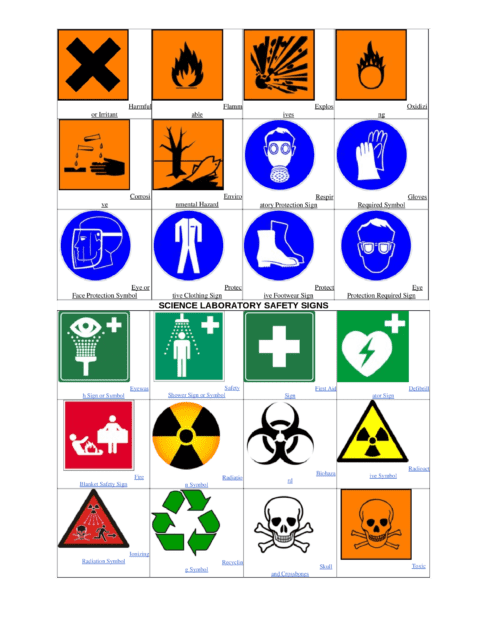
Personal Protective Equipment (PPE) for Radiation Safety
Ensuring radiation safety in laboratory settings requires all personnel working with radioactive materials to utilize suitable personal protective equipment (PPE). This includes the mandatory use of gloves, lab coats, safety glasses, and any other necessary gear tailored to specific tasks. Utilizing PPE acts as a vital barrier, shielding individuals from potential radiation exposure and contamination, further enhancing radiation safety in the laboratory.

Authorized Personnel and Proper Handling of Radioactive Materials
Maintaining radiation safety in laboratory settings requires that only trained and authorized personnel handle radioactive materials. Enforcing this strict requirement, it guarantees that individuals possess the essential knowledge and skills to handle radioactive materials safely. Restricting access solely to authorized personnel significantly reduces the risk of accidents, spills, or mishandling, thereby fostering a safer working environment.
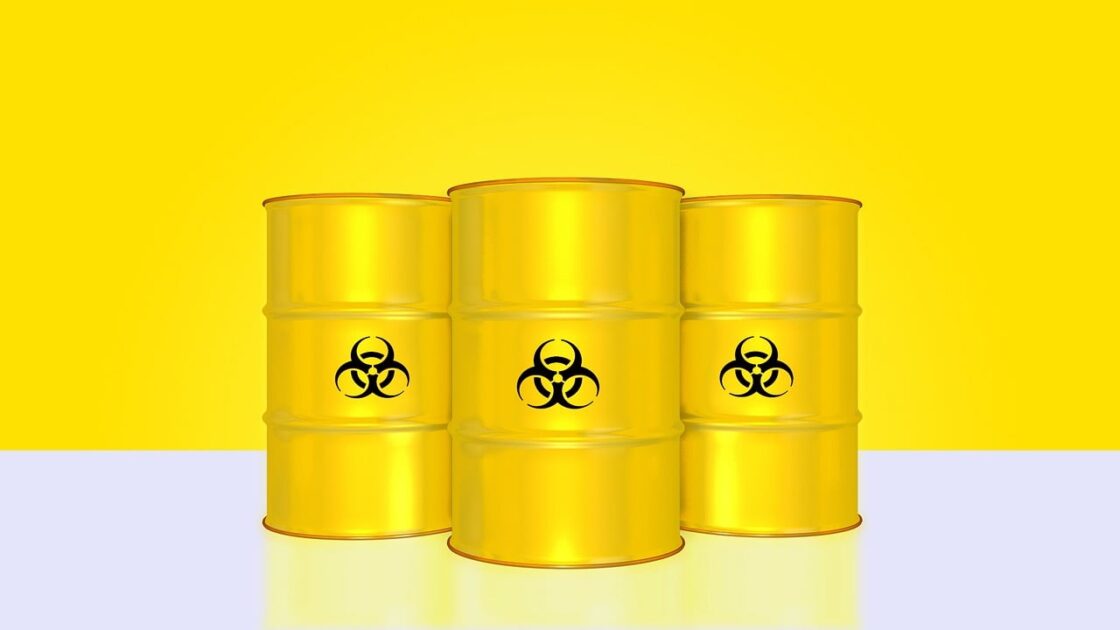
Proper Labeling and Secure Storage of Radioactive Materials
For effective radiation safety in laboratory settings, it is essential to accurately label and securely store all radioactive materials. Proper labelling ensures easy identification and awareness of the presence of radioactive materials. Secure storage prevents the potential for loss, theft, or mishandling, thereby minimizing risks and maintaining a safe environment within the laboratory.

Emergency Preparedness in Radiation-Related Incidents
In laboratory environments, ensuring radiation safety in laboratory settings is of utmost importance. Personnel responsible for handling radioactive materials must receive extensive & in-depth training in emergency procedures. The capability to respond promptly & appropriately in unexpected situations, such as accidental exposure or contamination, becomes absolutely crucial. The primary objective is to prevent or minimize any potential harm to individuals and the surrounding environment by taking immediate & correct actions. This necessitates the establishment of efficient & effective response protocols, which play a pivotal role in safeguarding the overall safety & well-being of all individuals involved. Adequate emergency preparedness measures ensure a prompt and effective response, further enhancing radiation safety in laboratory settings.

Conclusion
In lab settings where radioactive materials are used, enhancing radiation safety in laboratory settings is of utmost importance. Laboratories can provide a secure working environment while minimising potential risks related to radiation exposure by following the principles and recommendations previously covered. It is essential to keep in mind that these suggestions are not all-inclusive & that extra safety measures can be required based on the particular laboratory setting and the kinds of radioactive materials that are used. It is strongly encouraged to consult credible sources like the OSHA(Occupational Safety & Health Administration) alongside the EPA(Environmental Protection Agency) in order to receive comprehensive information about radiation safety in laboratory settings.

Click For More Details about radiation Safety in Laboratory Settings
Frequently Asked Questions (FAQs)
Q: Why is radiation safety important in laboratory settings?
A: Radiation safety is crucial in laboratory settings to protect personnel from potential health hazards associated with radioactive materials and to maintain a safe working environment.
Q: What are some key principles for maintaining radiation safety in laboratories?
A: Key principles for maintaining radiation safety in laboratories include cleanliness and housekeeping standards, proper training and compliance, minimizing radiation exposure, secure storage and labelling of radioactive materials, radiation monitoring, personal protective equipment (PPE), authorized personnel handling, and emergency preparedness.
Q: How can cleanliness and housekeeping practices contribute to radiation safety?
A: Maintaining high standards of cleanliness and good housekeeping prevents potential contamination and ensures a safe working environment in laboratories where radioactive materials are present.
Q: Why is training and compliance important for radiation safety?
A: Thorough training and compliance with radiation safety procedures are essential to ensure that personnel working with radioactive materials have the necessary knowledge and skills to handle them safely, reducing the risk of accidents or mishandling.
Q: What does the ALARA principle mean in radiation safety?
A: The acronym ALARA, which signifies “As Low As Reasonably Achievable,” emphasises the significance of lowering radiation exposure levels in scientific settings. This idea emphasises the importance of using the right shielding and safety gear to successfully lower radiation exposure and limit any health hazards.

Q: Why is secure storage and labelling important for radioactive materials?
A: Secure storage and labelling of radioactive materials ensure that access is restricted to authorized personnel only, preventing unauthorized handling or accidental exposure. Proper labelling also helps in easy identification and awareness of the presence of radioactive materials.
Q: What is the role of radiation monitoring in laboratory settings?
A: Radiation monitoring using specialized equipment allows for the prompt detection of leaks or spills of radioactive materials. Regular monitoring enables early intervention and swift response to mitigate potential risks, ensuring a safe laboratory environment.
Q: Why is personal protective equipment (PPE) necessary for radiation safety?
A: Gloves, lab coats, and protective glasses serve as essential barriers, protecting wearers from possible exposure to radiation contamination and improving radiation safety in laboratory settings.
Q: Why should only authorized personnel handle radioactive materials?
A: Accidents, spills, and improper handling are reduced to a minimum when only trained and approved employees handle radioactive materials. It guarantees that people have the knowledge and abilities needed for handling these materials safely.
Q: How can emergency preparedness enhance radiation safety in laboratories?
A: A timely and effective reaction in the case of accidental exposure or contamination is ensured by appropriate emergency preparedness measures, involving training in emergency procedures, minimising possible harm to people and the environment.
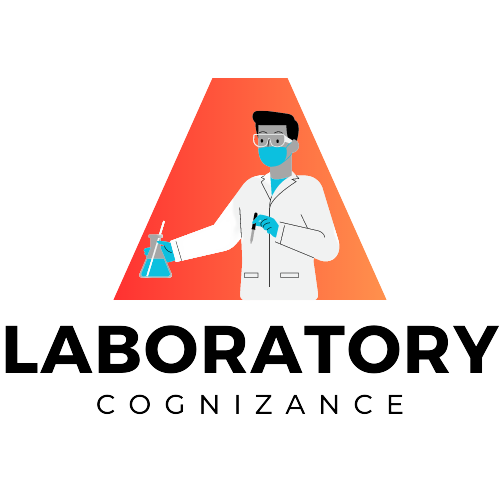

1 thought on “Ensuring Radiation Safety in Laboratory Settings”
Comments are closed.